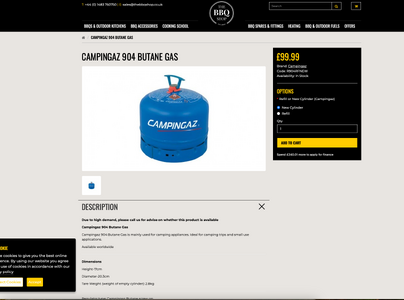Having read some of the comments, my concern is if the OP follows all of them, he will be in danger of having far too much weight. Or end up with far too much nose load.
Two points that I did see which could have a significant effect on the nose load were carrying two gas bottles and moving the spare wheel.
If the OP normally carries one cylinder of LPG, then taking a second is immediately going to have a big addition to the nose load. I suggest either switching to Camping Gaz which are available throught Europe, or at least getting a Camping Gaz pigtail, or one to suit local supplies.
The second point, is about carrying a spare wheel. There are many reported issues with the Alko carrier being difficult to use, and particularly hazardous when needed in countries that drive on the other side of the road. Several friends of mine carry the spare wheel just inside the door of the caravan on the floor inside a protective bag and wedged in place to stop it moving around, and then use it as part of a step. This solves the carrier problem, and improves access to it if it's needed, and keeps its weight close to axle rather than the hitch.
Then there is the concern about Alko hitch stabaliser pads falling out. To be honest this is a rare event, and if the hitch has been properly managed and checked /serviced the pads should not be a problem. But if they do decide to part company, it really shouldn't be a problem provided you have loaded your car and caravan sensibly. The pads are not there to make an outfit drivable, they are there to improve the handling of the outfit if you begin to lose control. Of course you should not be driving in a manner that could mean you might lose control, but the pads are there just in case. Consider them to be like seat belts, because they are not a driving aid!
It is important to understand the additional difficulties of driving yet alone caravanning abroad, with the dislocation from your normal support systems, but take some time to weigh up the relative risks and be pragmatic about which events you need to cover, and those which will make you feel good that you managed without or you created your own solution for. It's an adventure


